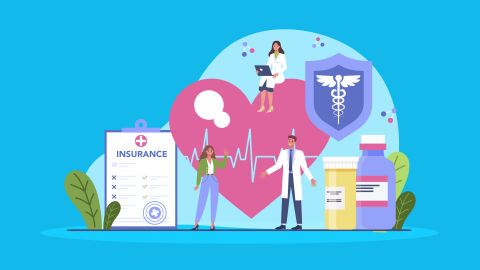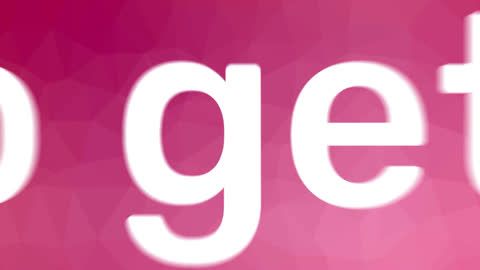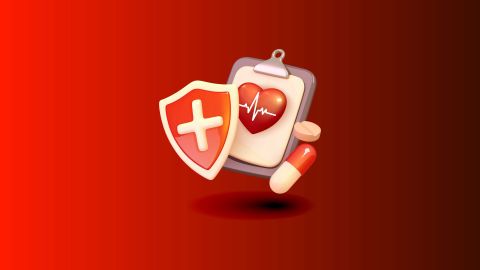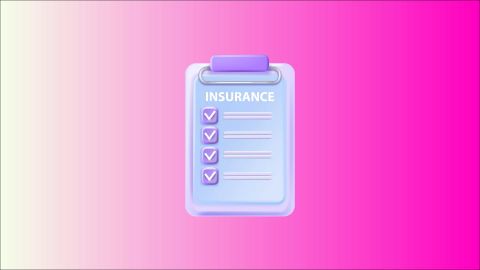In the digital age, electronic health records (EHR) have emerged as a significant innovation in healthcare. EHRs contain vital patient information that can be easily shared across healthcare providers and institutions. This electronically stored medical data is accessible to authorised healthcare providers at any time and from anywhere.
EHRs are not merely a database but a comprehensive system that includes patient information such as diagnosis, treatment plans, medication history, medical procedures, allergies, and demographic details.
The fundamental objective of EHRs is to facilitate seamless communication and information sharing among healthcare providers, ensuring that the patient receives the most comprehensive and coordinated care. Health insurance providers also benefit from EHRs, as they can streamline the process of verifying claims and coordinating benefits.
Comprehensive Health Cover from ₹9.3*/day! – Get coverage up to ₹10 lakh from top insurers.
Check Plans Now!
What Is an Electronic Health Record (EHR) System?
An EHR system is a sophisticated digital platform designed to store, manage, and exchange health information. It encompasses a range of features, including patient demographics, clinical notes, medications, laboratory results, and imaging reports. EHR systems are designed to be interoperable, allowing healthcare providers to access and contribute to a patient's record across various care settings. They aim to create a unified and accessible health information ecosystem, fostering collaboration and improving patient outcomes.
In conclusion, the implementation of EHRs has led to a more efficient and effective healthcare system. EHRs have made accessing patient information easier and more convenient, ensuring that healthcare providers can make better-informed decisions to improve patient outcomes. Despite some concerns such as implementation costs and the learning curve involved, the benefits of EHRs far outweigh the disadvantages, presenting an exciting opportunity for healthcare providers and patients alike.
Regulations around EHRs
- HIPAA compliance: The Health Insurance Portability and Accountability Act (HIPAA) serves as the bedrock for EHR regulations, ensuring the confidentiality and security of patient information.
- ONC oversight: The Office of the National Coordinator for Health Information Technology (ONC) oversees the certification and interoperability of EHR systems, establishing standards for their functionality and ensuring their compatibility across diverse healthcare platforms.
- Data security measures: Rigorous measures are mandated to safeguard against data breaches, emphasising the importance of secure storage, transmission, and access protocols for EHRs.
- Patient consent protocols: Regulations often require explicit patient consent for the sharing of health information, reinforcing the principles of autonomy and privacy.
Confused about which health insurance plan to choose?
Compare health insurance plans from leading insurers and get instant quotes in minutes!
Differences between EHR and EMR
Aspect |
Electronic Health Record (EHR) |
Electronic Medical Record (EMR) |
Scope |
Encompasses a patient's health information across multiple providers. |
Focuses on the medical history within a specific healthcare organisation. |
Interoperability |
Facilitates seamless data exchange among different healthcare settings. |
Restricted to a single organisation, limiting data sharing outside of it. |
Comprehensive view |
Provides a holistic view of a patient's health journey and treatments. |
Offers a snapshot of a patient's medical history within a specific facility. |
Collaborative care |
Enhances collaboration among healthcare providers across organisations. |
Primarily supports healthcare professionals within the same institution. |
Understanding these nuances is crucial to appreciating the broader impact and functionality of EHRs in comparison to EMRs.
Explore: Benefits of health insurance in India
How Electronic Health Records (EHRs) improve patient care?
EHRs serve as catalysts for improving patient care by revolutionising the way healthcare information is managed and utilised.
- Informed decision-making
With instant access to comprehensive patient records, healthcare providers can make well-informed decisions, leading to more accurate diagnoses and personalised treatment plans. - Real-time collaboration
EHRs facilitate real-time collaboration among healthcare professionals, reducing delays and ensuring that all members of the care team are synchronised in their approach. - Patient empowerment
EHRs empower patients to actively engage in their healthcare journey. Access to their digital records enables individuals to stay informed about their health status, track appointments, and actively participate in decision-making processes. - Preventive care opportunities
EHRs enable proactive and preventive healthcare measures by providing insights into a patient's health history, allowing for the identification of risk factors and early intervention.




